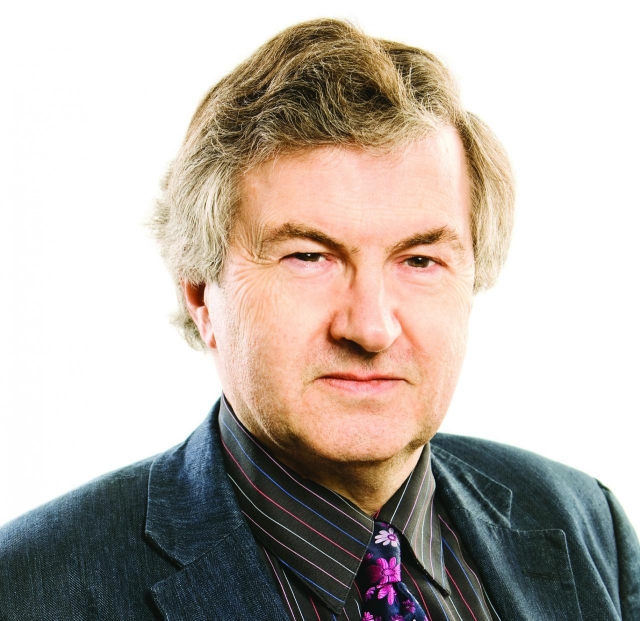
All of this was the result of the popularity of social sciences models, and, unfortunately, those who issued the cry were seldom good writers themselves.Įvans discusses the drawback of postmodernism in history and its rejection of reason and progress as historical forces. But when postmodernism arrived on the scene some time ago, the cry to make history more like literature was a reaction to history’s tendency at the time to avoid narrative and stick to themes.

These questions have a place in the study of history.

Is it simply a record of politics? Of vast, impersonal forces? Of thought? Should historians stop looking for causes and concentrate on consequences? What does it mean that historians tell us what cannot be done, not what should be done? Most important, is it possible to establish historical truth at all? The book has a 12-page introduction and confines footnotes to the back, making it easier to read. But what’s interesting for us amateur readers of history is his general discussion of the many ways history is done. What’s best known about this book is Evans’s defense of history from postmodernism. "Essential reading for coming generations."-Keith Thomas Evans brings "a remarkable range, a nose for the archives, a taste for controversy, and a fluent pen" ( The New Republic ) to this splendid work. Evans defends this commitment to historical knowledge from the attacks of postmodernist critics who see all judgments as subjective. To materials that are frustratingly meager, or overwhelmingly profuse, they bring an array of tools that range from agreed-upon rules of documentation and powerful computer models to the skilled investigator's sudden insight, all employed with the aim of reconstructing a verifiable, usable past. Evans shows us how historians manage to extract meaning from the recalcitrant past. In his compact, intriguing survey, Richard J. Carr's What Is History?, a classic introduction to the field, may now give way to a worthy successor. A master practitioner gives us an entertaining tour of the historian's workshop and a spirited defense of the search for historical truth.


 0 kommentar(er)
0 kommentar(er)
